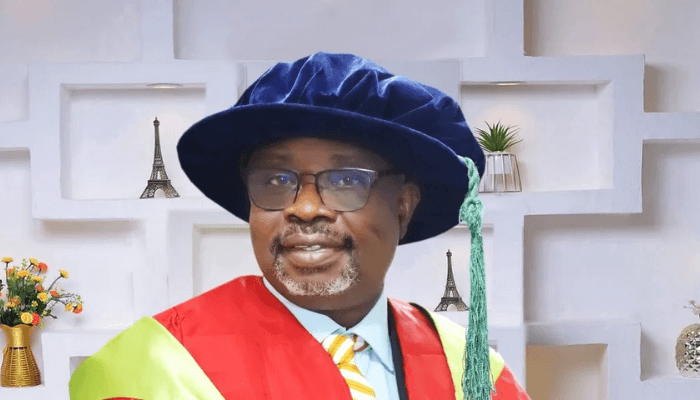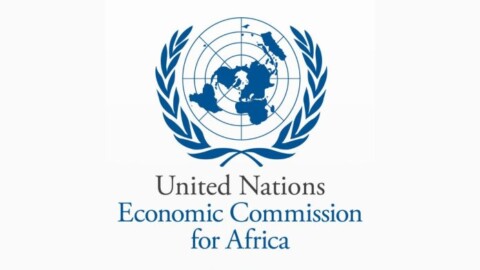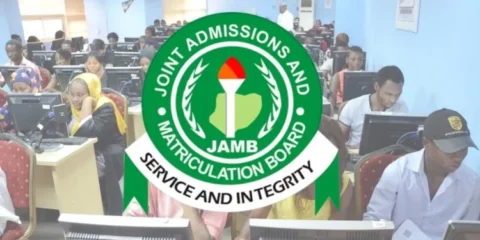Nigerian universities are struggling under serious threats to their existence, according to Ayodeji Omole, pro-chancellor of Ladoke Akintola University of Technology (LAUTECH). He recently delivered a powerful lecture at the University of Ibadan, warning that the educational system is “working in the shadows of death.” Omole, a former chairman of the Academic Staff Union of Universities (ASUU), emphasized that harmful government policies are holding these institutions hostage, especially since the introduction of “civil rule.”
Omole pointed out that urgent action is needed to address the damaging effects of government attacks on the university system. He criticized current and past civilian governments for imposing anti-intellectual policies. Among these are the Treasury Single Account (TSA) and the Integrated Personnel and Payroll Information System (IPPIS). He argued that IPPIS does not fit the university’s structure, disrupts the academic calendar, and violates the University Act. He stressed that handing over scholars’ data to foreign agencies under the guise of cost-cutting is illegal and threatens the very existence of Nigerian universities, making it difficult to recruit even basic staff like cleaners.
The professor also expressed concern over the proposed Core Curriculum Minimum Academic Standard (CCMAS) by the National Universities Commission (NUC). He warned that this policy could further endanger Nigerian universities by imposing rigid standards that limit their ability to innovate and adapt to local needs. He was disappointed that the University of Ibadan’s Senate has backed this initiative, which he believes ignores the unique context of Nigerian education.
Omole praised ASUU’s efforts to improve public education for Nigeria’s children, highlighting that any financial gains in the university system result from ASUU’s struggles. He called for better compensation for all university workers to create a motivated workforce dedicated to national progress. He stated that low wages severely affect workers’ commitment and can harm the country’s social and economic structures.
He pointed out that the chronic underfunding of universities has led to many issues, including poor infrastructure, loss of talent, labor unrest, and diminished university autonomy. These problems affect not only the quality of education but also the universities’ global standing. Omole emphasized that the lack of investment in higher education is a significant barrier to progress and national development.
In conclusion, addressing these challenges requires increased funding, improved financial management, and strategic policies that focus on the long-term sustainability of the university system. The future of education in Nigeria depends on better support for these institutions to ensure they can deliver quality education and contribute meaningfully to national development.





